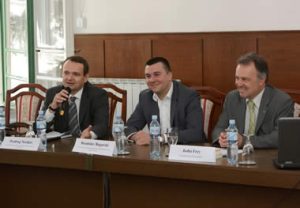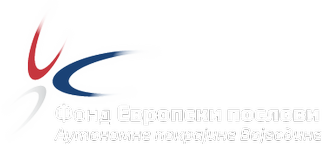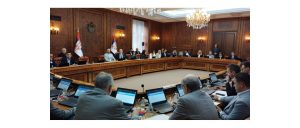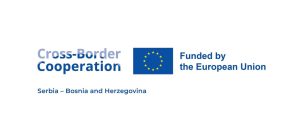“Cross-border cooperation and civil society” as a part of the Mission of the Four Motors within the Framework of the EU Strategy for the Danube Region
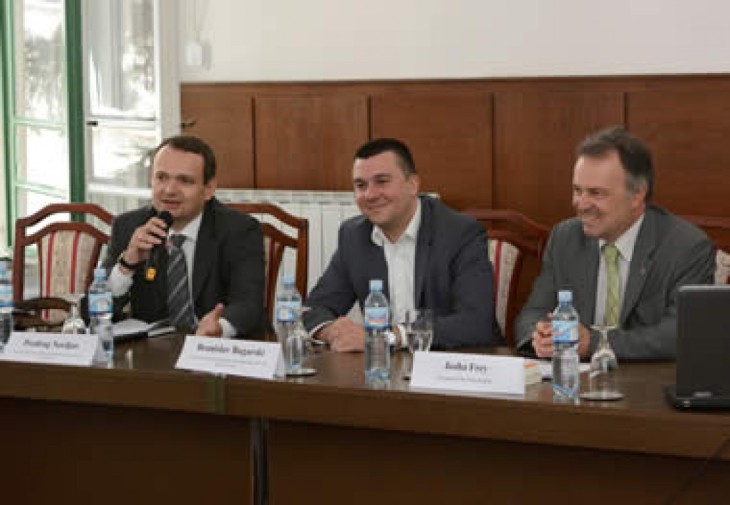
Organised jointly by the State Ministry of Baden-Württemberg, Euro-Institut Kehl and Provincial Secretariat for Interregional Cooperation and Local Self-government, with the support of the European Affairs Fund of Autonomous Province (AP) of Vojvodina, the seminar “Cross-border cooperation and civil-society”, as a part of the Mission of the Four Motors within the Framework of the EU Strategy for the Danube Region, was held at the Assembly of the Autonomous Province of Vojvodina and the University of Novi Sad on 2-3 July 2013. The Fours Motors has been a great interregional project since 1998. This alliance of regions in comprised of four industrially most developed European regions: Baden-Württemberg (Germany), Catalunya (Spain), Lombardy (Italy) and Rhône-Alpes (France). The regions cooperate in order to increase economic growth by means of cooperating with each other and with other regions, as well as by organising joint political and economic missions.
The goal of the seminar “Cross-border cooperation and civil-society” was to provide an exchange platform for mutual learning of various actors, coming from the Danube Region and the Four Motors of Europe i.e. Catalonia (Spain), Rhône-Alpes (France), Lombardia (Italy) and Baden-Württemberg (Germany). The two-day workshop consisted of three complementary panels which addressed (1) the cross-border cooperation (CBC) experiences of the 4 Motors, (2) the role of local government and civil society regarding CBC in the Danube Region and (3) the role of civil society in implementing the EU Strategy for the Danube Region. The event was opened by Predrag Novikov, director of the European Affairs Fund of AP Vojvodina and head of Vojvodina European Office in Brussels, and Branislav Bugarski, Provincial Secretary for Interregional Cooperation and Local Self-government, whereas Josha Frey, president of Euro-Institute, talked about the challenges in developing cross-border cooperation. Following the presentation of practical experiences and different project examples, participants had the opportunity to exchange ideas and debate further development approaches. Within three interactive workshops, independent experts provided special insights into EU-funding opportunities, development of good project proposals and the specifics of cross-border project work. The seminar was attended by representatives of local self-governments, regional development agencies, public enterprises, NGOs and the University of Novi Sad.
